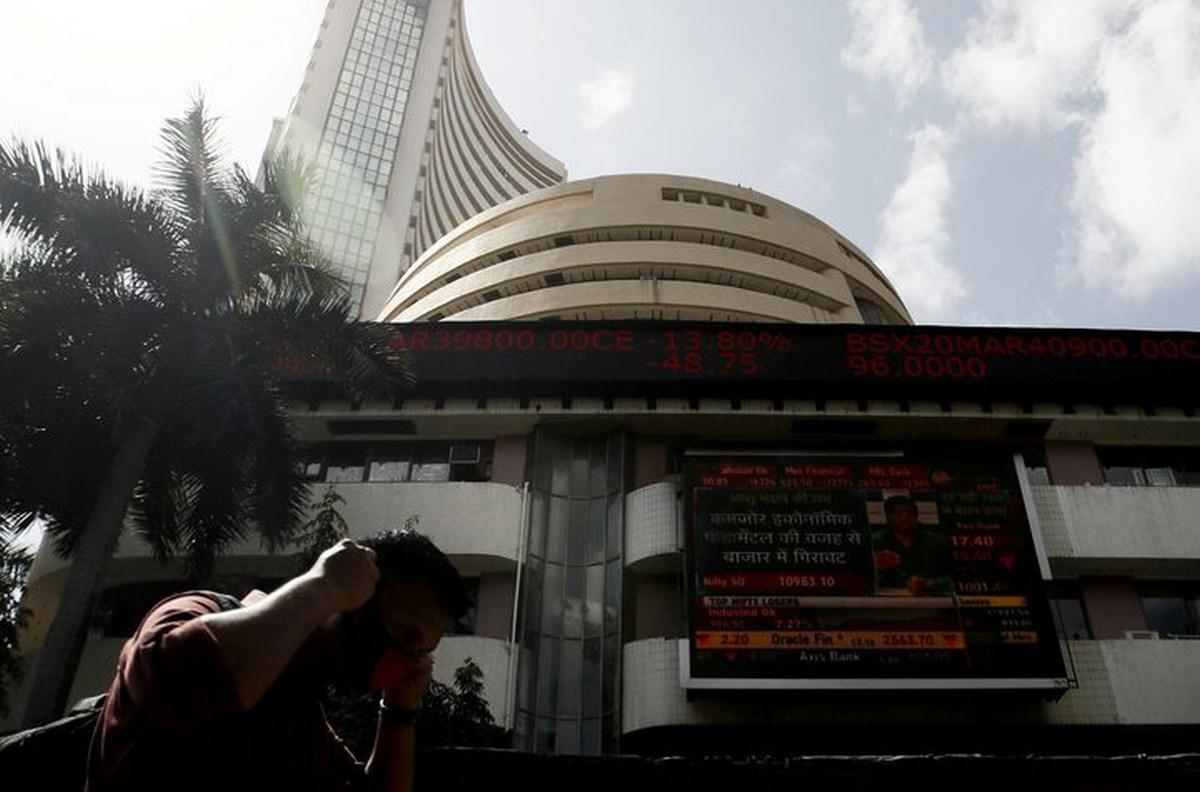‘Sebi’s move to cap brokerage charges will help investors by lowering the overall cost of investments.’

Photograph: Francis Mascarenhas/Reuters
Cuts in mutual fund (MF) expense ratios and sharp reductions in the caps on brokerage paid by MF schemes are set to squeeze earnings of asset management companies (AMCs), brokers, and other intermediaries, according to experts.
The Securities and Exchange Board of India (Sebi), in a consultation paper, proposed a steep reduction in the permissible brokerage and transaction costs that can be charged to MF schemes — from 12 basis points (bps) to 2 bps for cash market trades, and from 5 bps to 1 bps for derivatives transactions.
Any excess brokerage must now be absorbed within the total expense ratio (TER) — a move expected to pressure asset managers and hit institutional broker revenues.
‘The proposal is negative for Nuvama Wealth as well as 360 One WAM. For AMCs, the change could raise operational costs, as they may either need to pay more for external research support or expand internal research teams to maintain research coverage and execution efficiency under tighter expense limits,’ Centrum Institutional Research said in a note.
“AMCs will be able to charge less, but most of the reduction will likely be passed on to distributors as lower commissions,” said Sandeep Bagla, CEO, Trust MF, adding that smaller fund houses would face a comparatively lower impact from the TER cut.
Deepak Shenoy, founder of Capitalmind AMC, said the reduction in maximum permissible brokerage will hurt broker revenues.
“The brokerage market is already highly competitive, so there are plenty of players offering lower rates to institutional clients like MFs. The pain will mostly be borne by brokers currently servicing mutual funds,” he said.
In addition to the brokerage cut, Sebi has proposed to reduce the upper limit on TERs of MF schemes by 15 to 20 bps. The regulator also plans to remove the additional 5 bps expense allowance.
However, these cuts are unlikely to significantly dent MF revenues, as the regulator has allowed certain expenses to be charged outside the TER and introduced other provisions to cushion the impact.
“These reductions will be more or less offset by the proposal to move statutory levies such as goods and services tax on service costs and the securities transaction tax outside the TER cap. These ‘extras’ will now add to fund expenses over and above official TER limits, and will vary based on changing tax rates,” said Aarati Krishnan, head of advisory, PrimeInvestor.
According to experts, the proposals will ultimately benefit investors.
“Sebi’s move to cap brokerage charges will help investors by lowering the overall cost of investments,” said Piyush Gupta, director — financial services, Crisil Intelligence.

Feature Presentation: Aslam Hunani/Rediff




